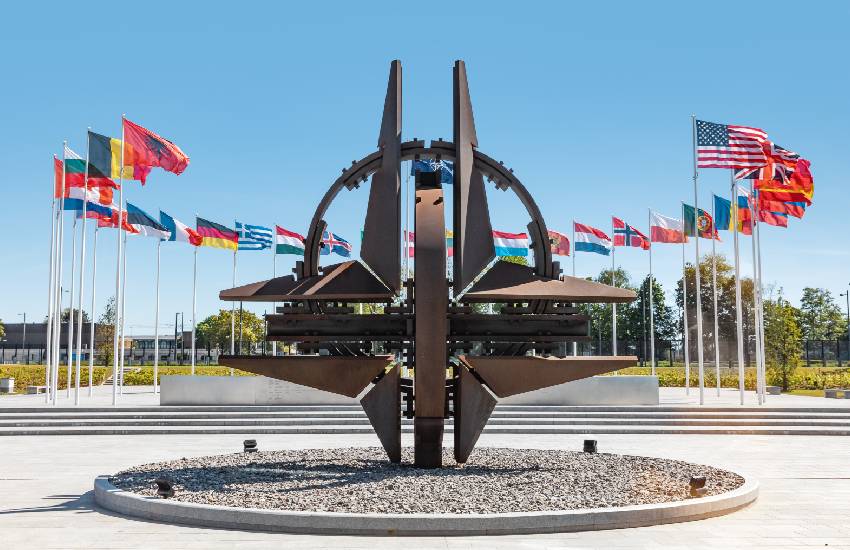
If the Quadrilateral Security Dialogue (Quad) made up of Australia, India, Japan, and the United States (US) has to function properly, it should morph into a treaty-based economic alliance, wherein all commit to defending each other economically if China retaliates against any member, according to an opinion piece in The Hill.
Jainli Yang, former political prisoner in China, and Aaron Rhodes, president of the Forum for Religious Freedom-Europe, write in The Hill that forming this kind of alliance would be an "appropriate response to the Chinese Communist Party's own decades-long strategy of creating allies by coercion, rather than consent, and punishing trade partners that stand up on behalf of fundamental moral principles".